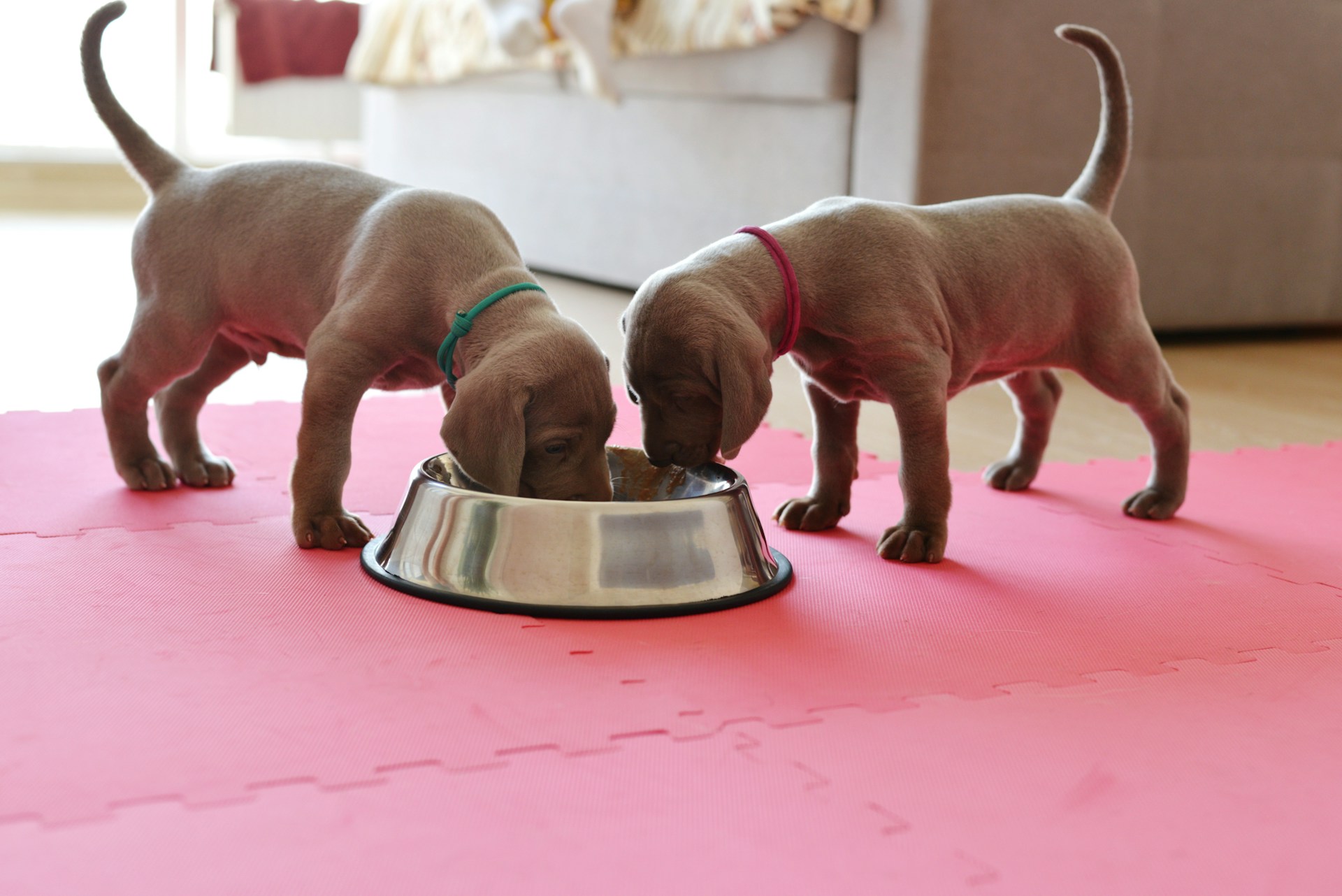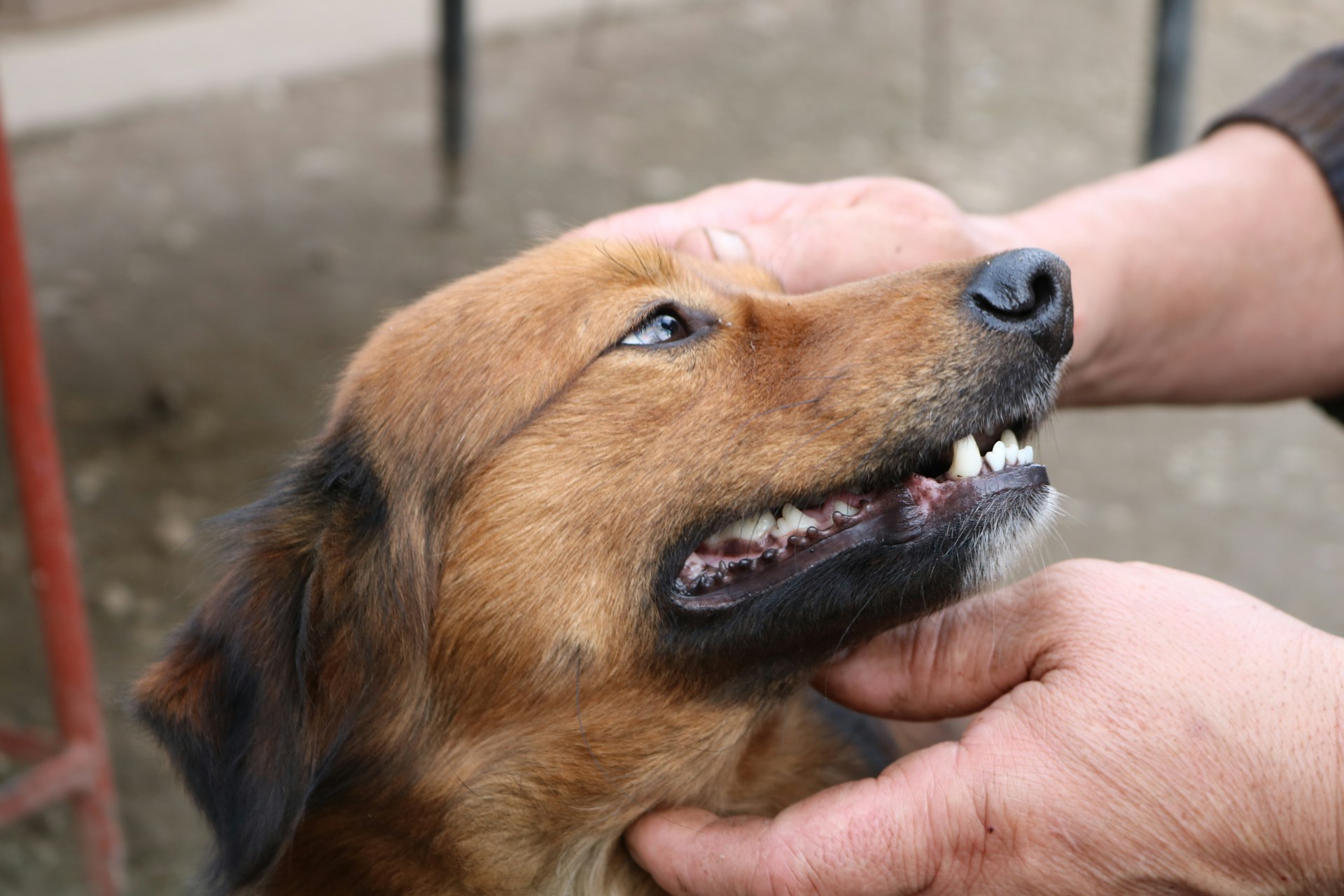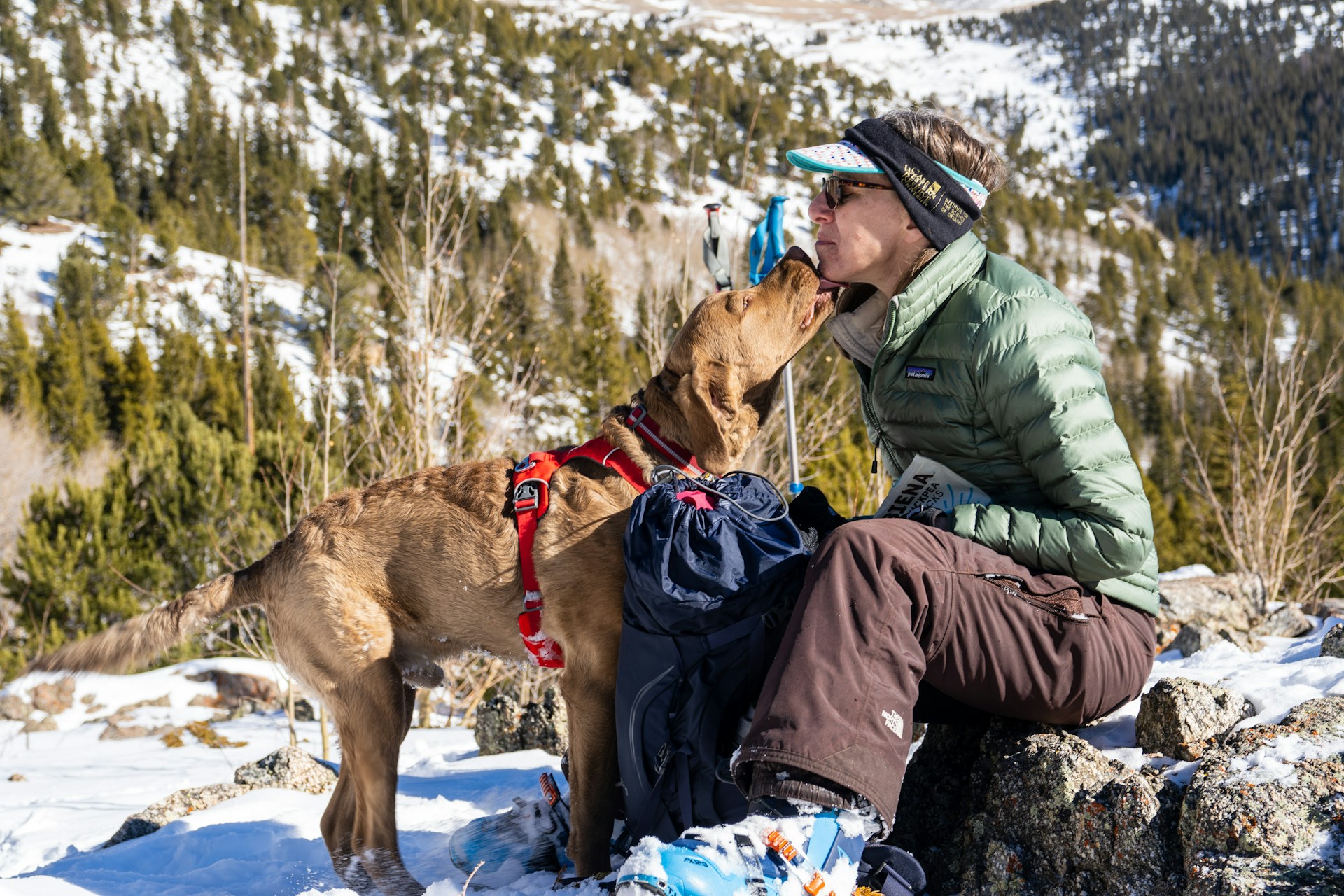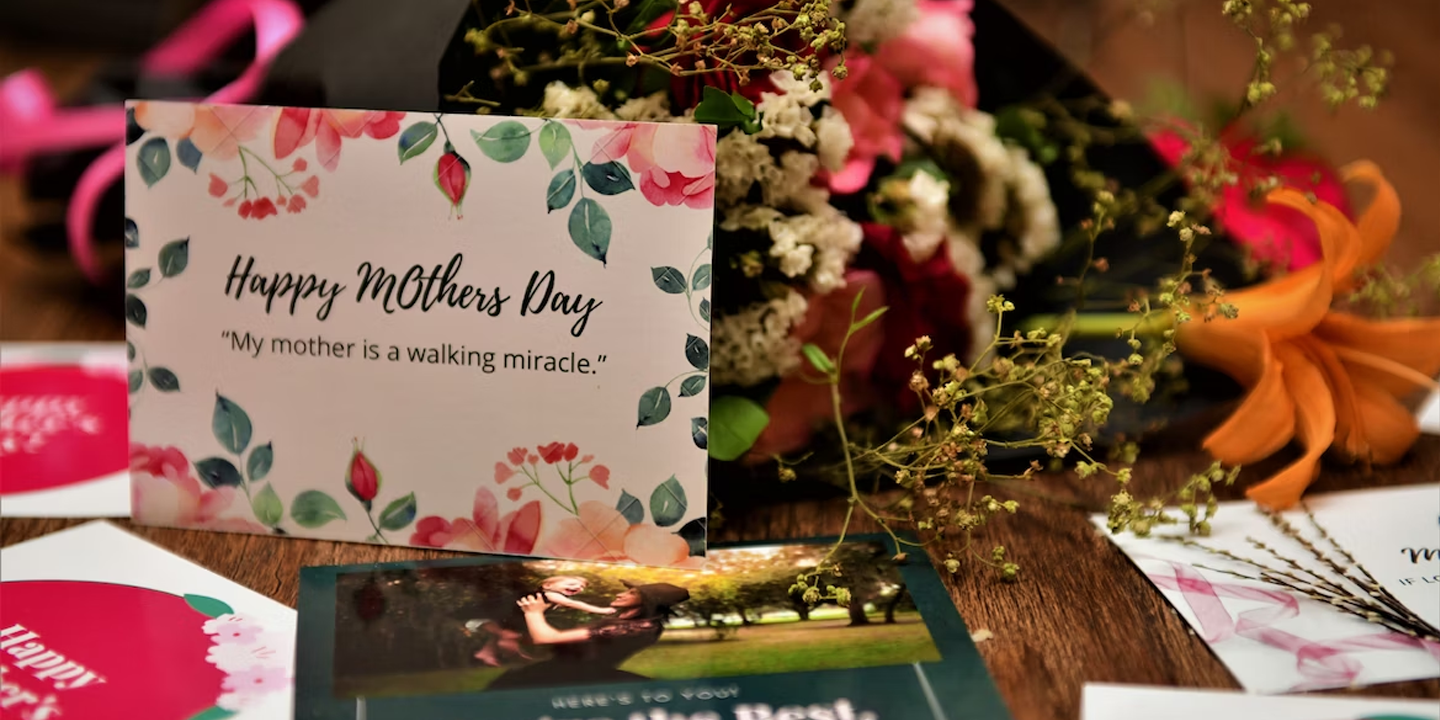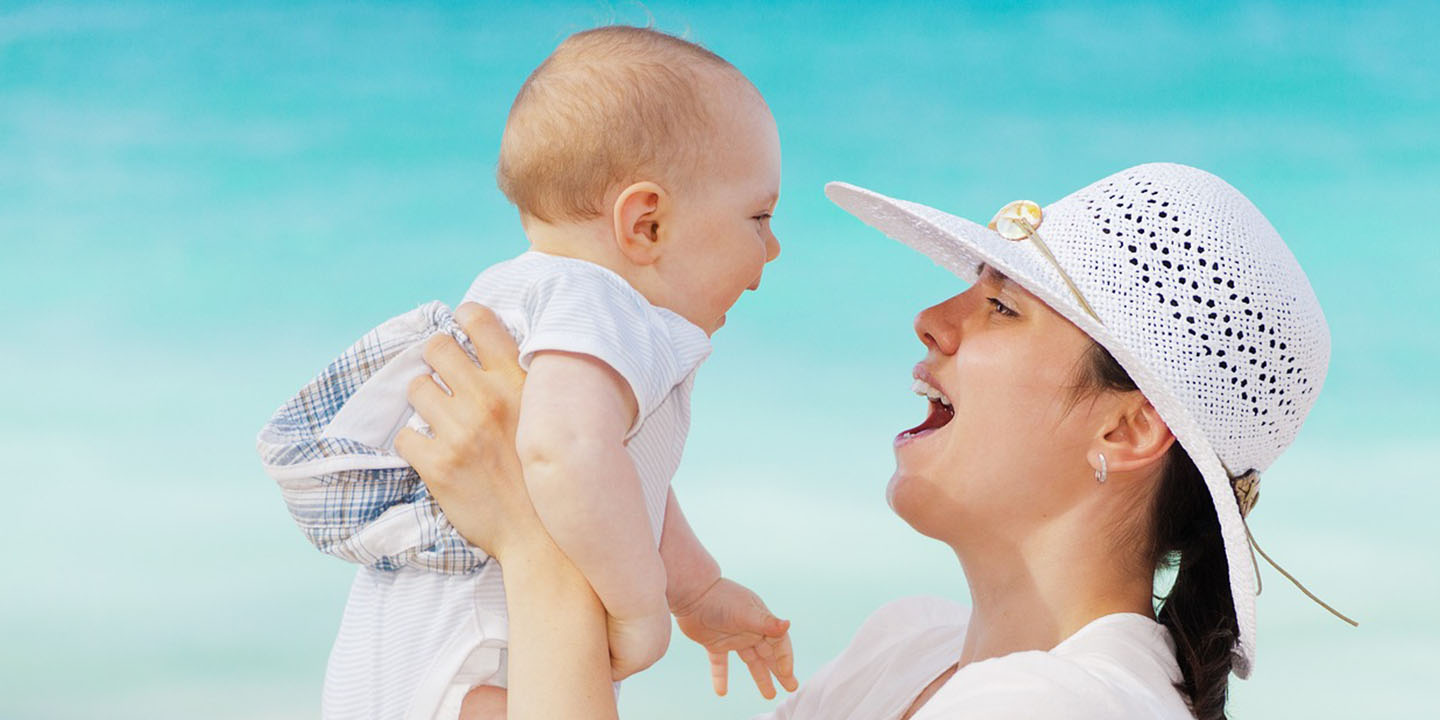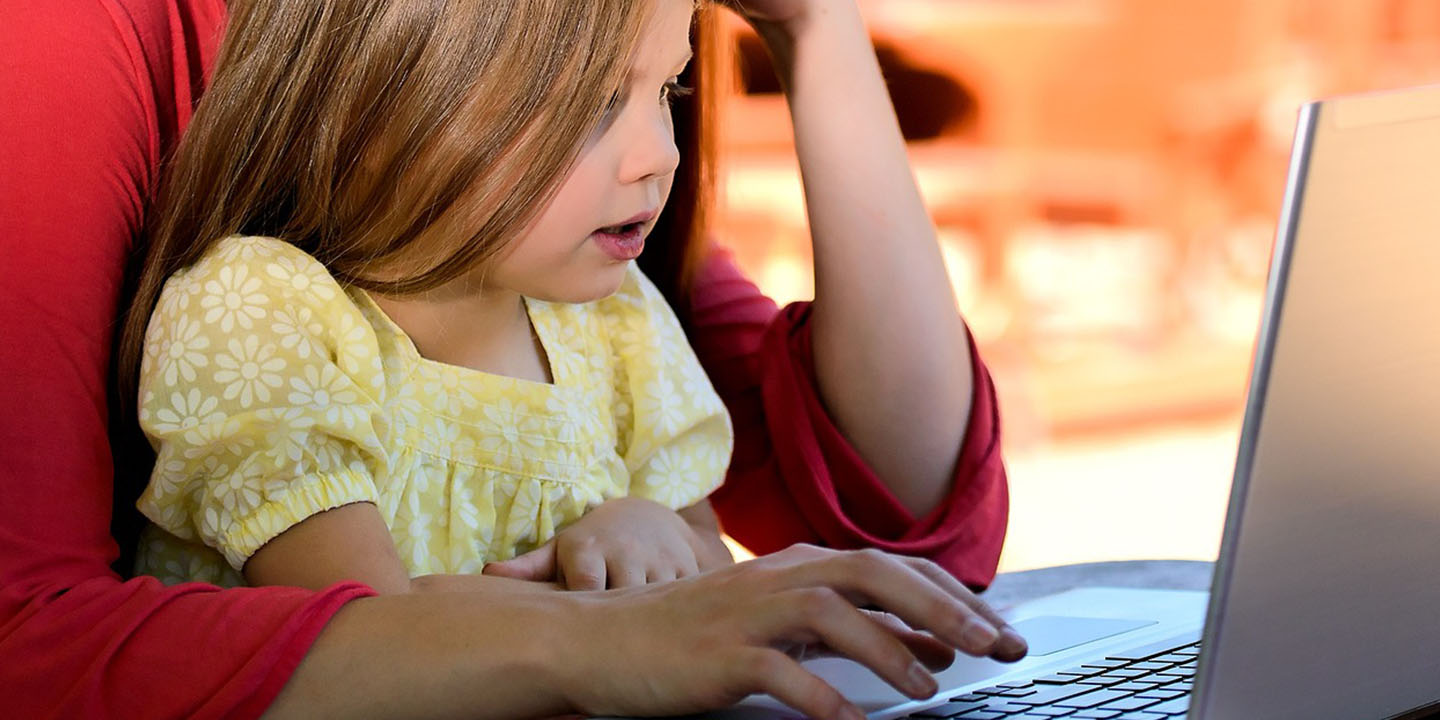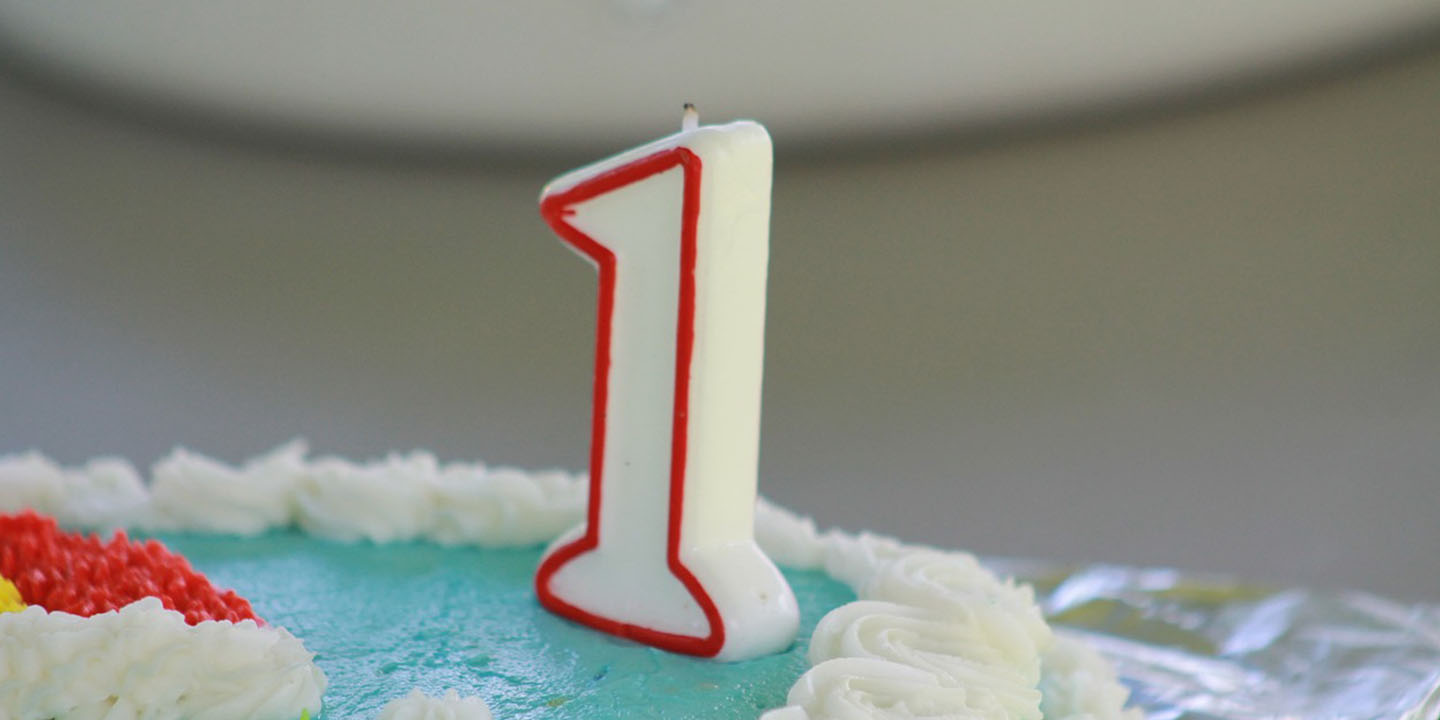New Puppy, Same Old Mistakes
Getting a brand-new puppy is as exciting as it is nerve-racking and overwhelming — especially if you’ve never had a dog before. These first few weeks you spend together are a critical period that can have reverberative effects on the rest of your pup’s life. So you must take every precaution to ensure things go smoothly and avoid common pitfalls. Here are 10 mistakes you’re making with your puppy and how to fix them.
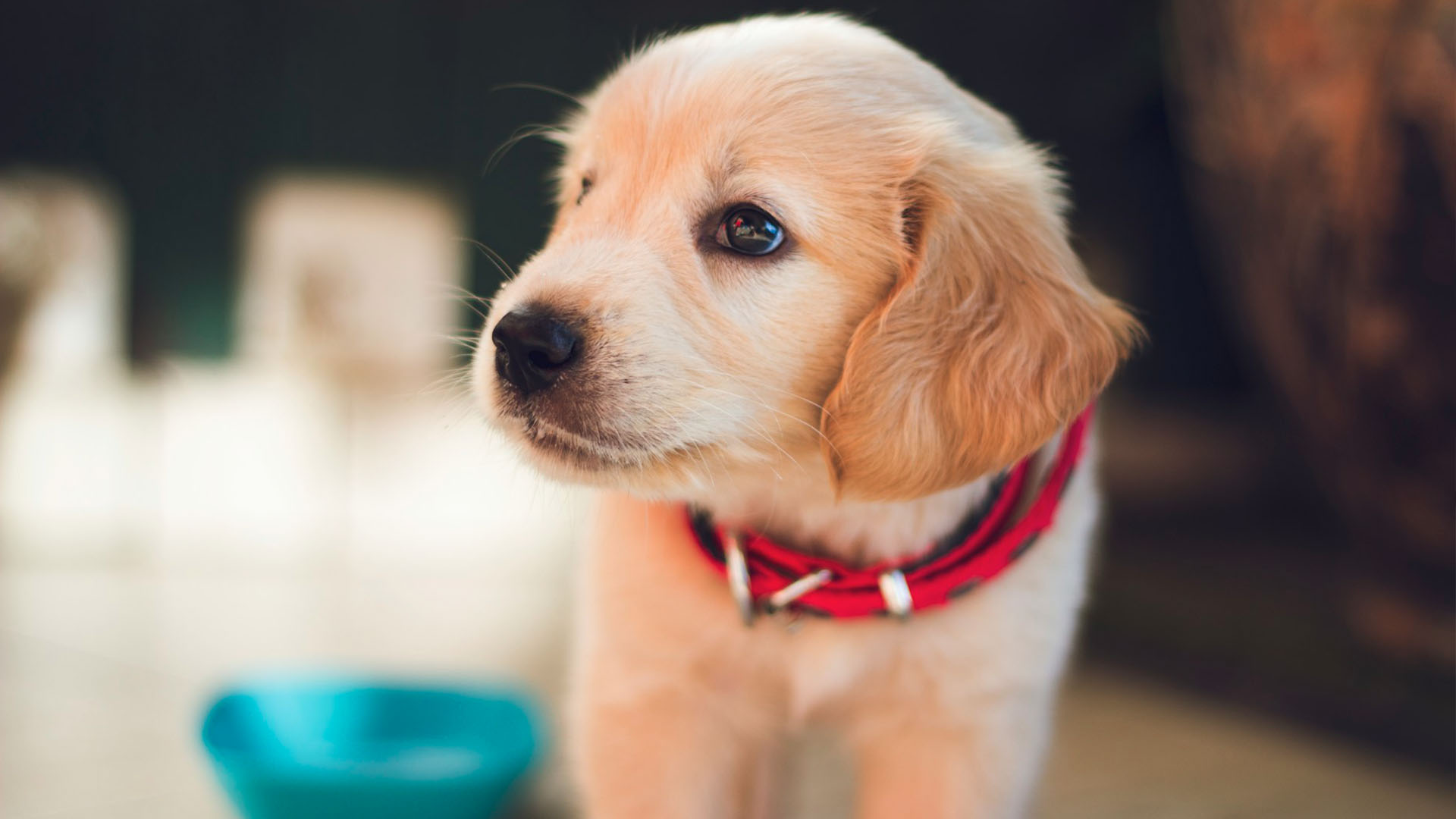 Photo by Berkay Gumustekin on Unsplash
Photo by Berkay Gumustekin on Unsplash
1. Inconsistent Training
Dogs — especially puppies — are creatures of habit. They thrive when provided with a consistent routine that they can grow accustomed to. However, problems can begin to arise when you and the people around you aren’t on the same page, as inconsistent training will quickly confuse your puppy.
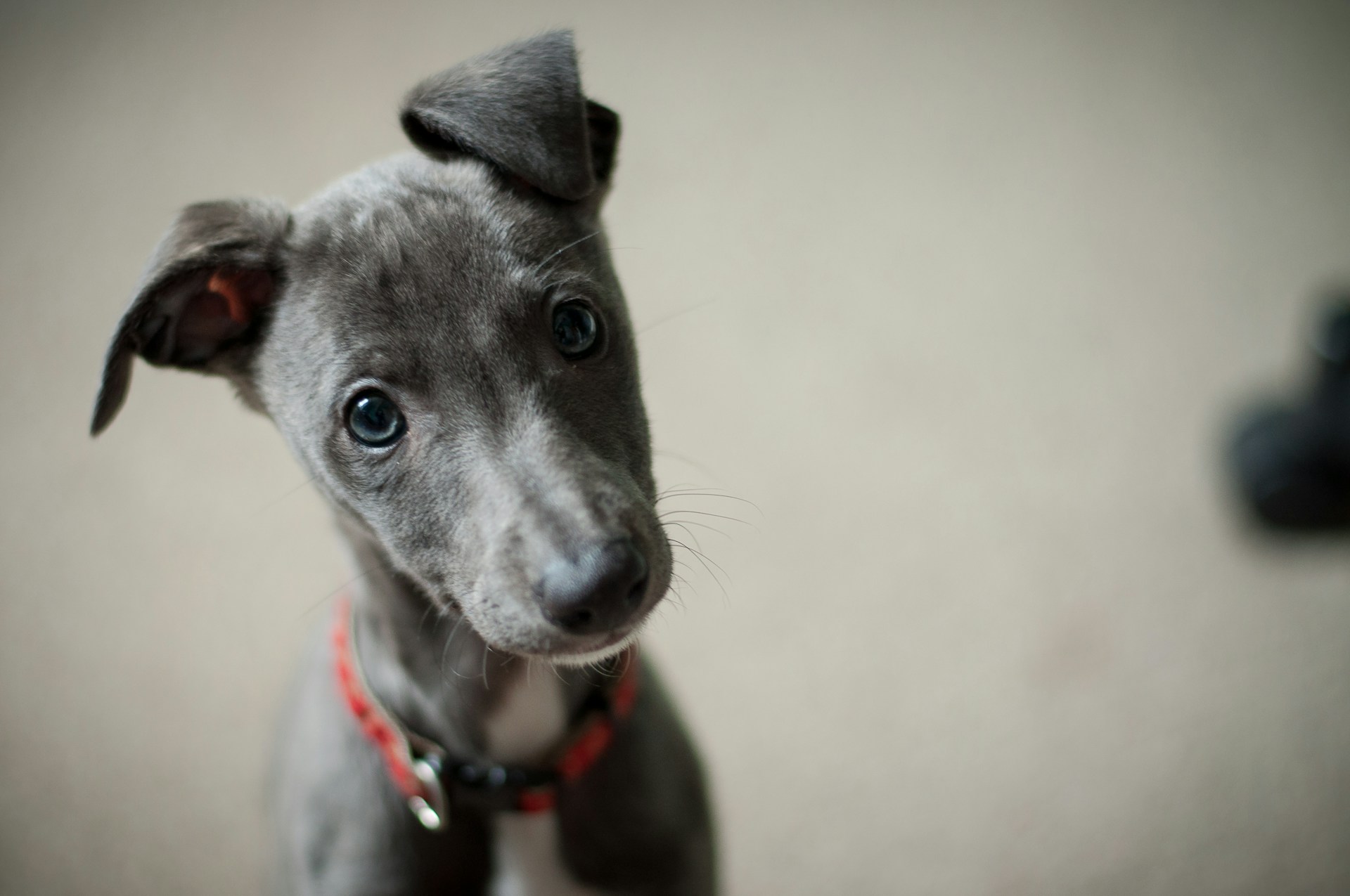 Photo by Chris Arthur-Collins on Unsplash
Photo by Chris Arthur-Collins on Unsplash
1. Inconsistent Training Cont’d
If you or the people in your household haven’t decided on a specific approach, then you’ll only cause further delays in your pup’s learning. Be sure to establish clear rules and commands that everyone is on board with, that way you can maintain a consistent regimen that will foster your puppy’s development.
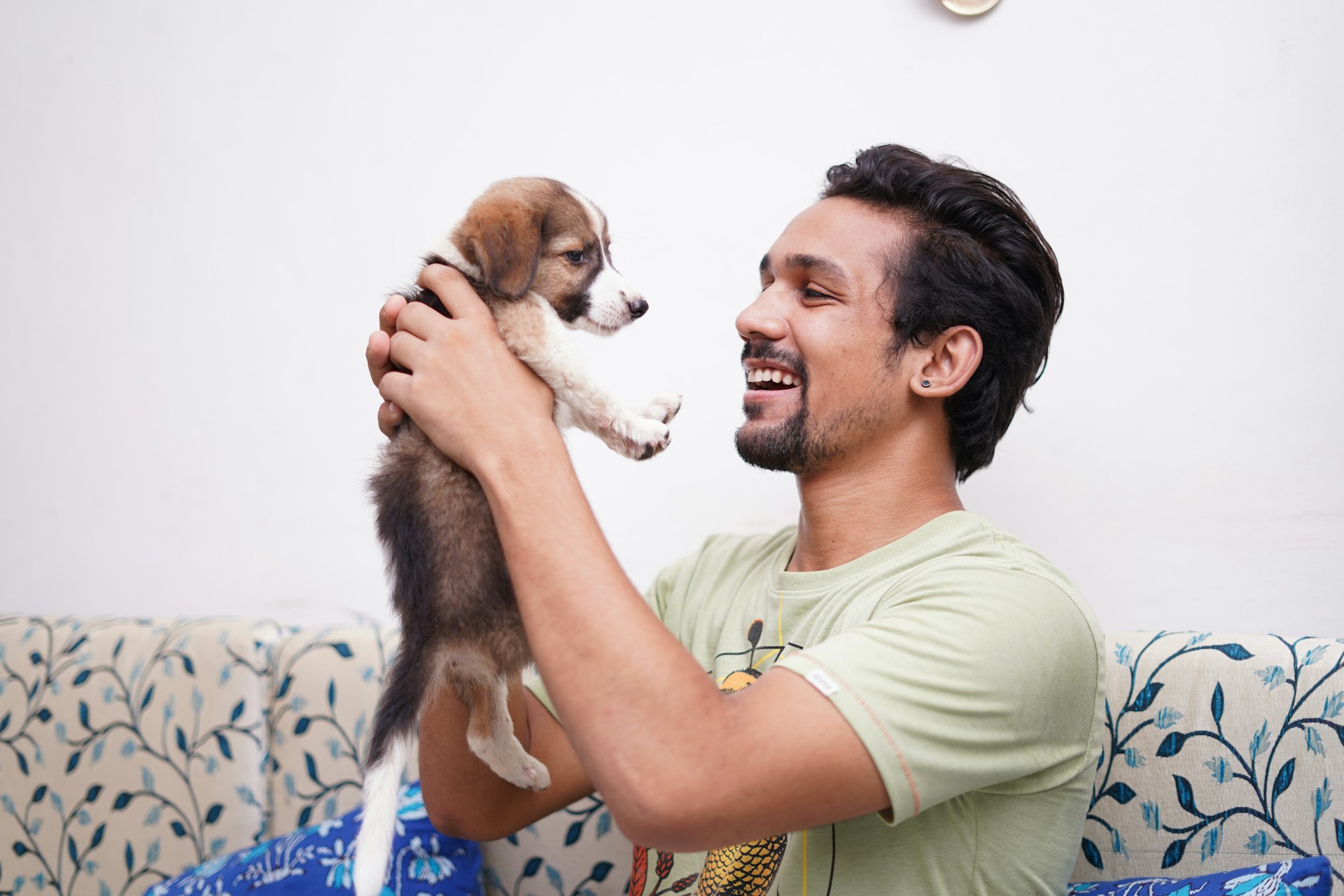 Photo by Yogendra Singh on Unsplash
Photo by Yogendra Singh on Unsplash
2. Overfeeding
The truth of the matter is that it’s hard to resist the urge to give your puppy everything that it wants. They’re simply too cute to deny. But it’s crucial to understand the long-term consequences of not properly managing their diet.
2. Overfeeding Cont’d
Overfeeding your puppy can lead to obesity and health problems before you know it. The key to preventing this is to implement a feeding schedule and portion sizes that correspond with your pup’s breed and age. And make sure to use treats sparingly!
 Photo by Christian Bowen on Unsplash
Photo by Christian Bowen on Unsplash
3. Lack of Socialization
Just like with human beings, socialization at a young age is crucial for puppies. Your puppy needs to be exposed to a wealth of people, environments, and other animals for it to properly adjust — ultimately preventing fearfulness and aggression.
 Photo by Jametlene Reskp on Unsplash
Photo by Jametlene Reskp on Unsplash
3. Lack of Socialization Cont’d
That being said, it’s important to take things one step at a time (they don’t call it “baby steps” for nothing). To foster your pup’s growth into a well-adjusted dog try to gradually introduce it to new stimuli while ensuring that these experiences remain as positive as possible.
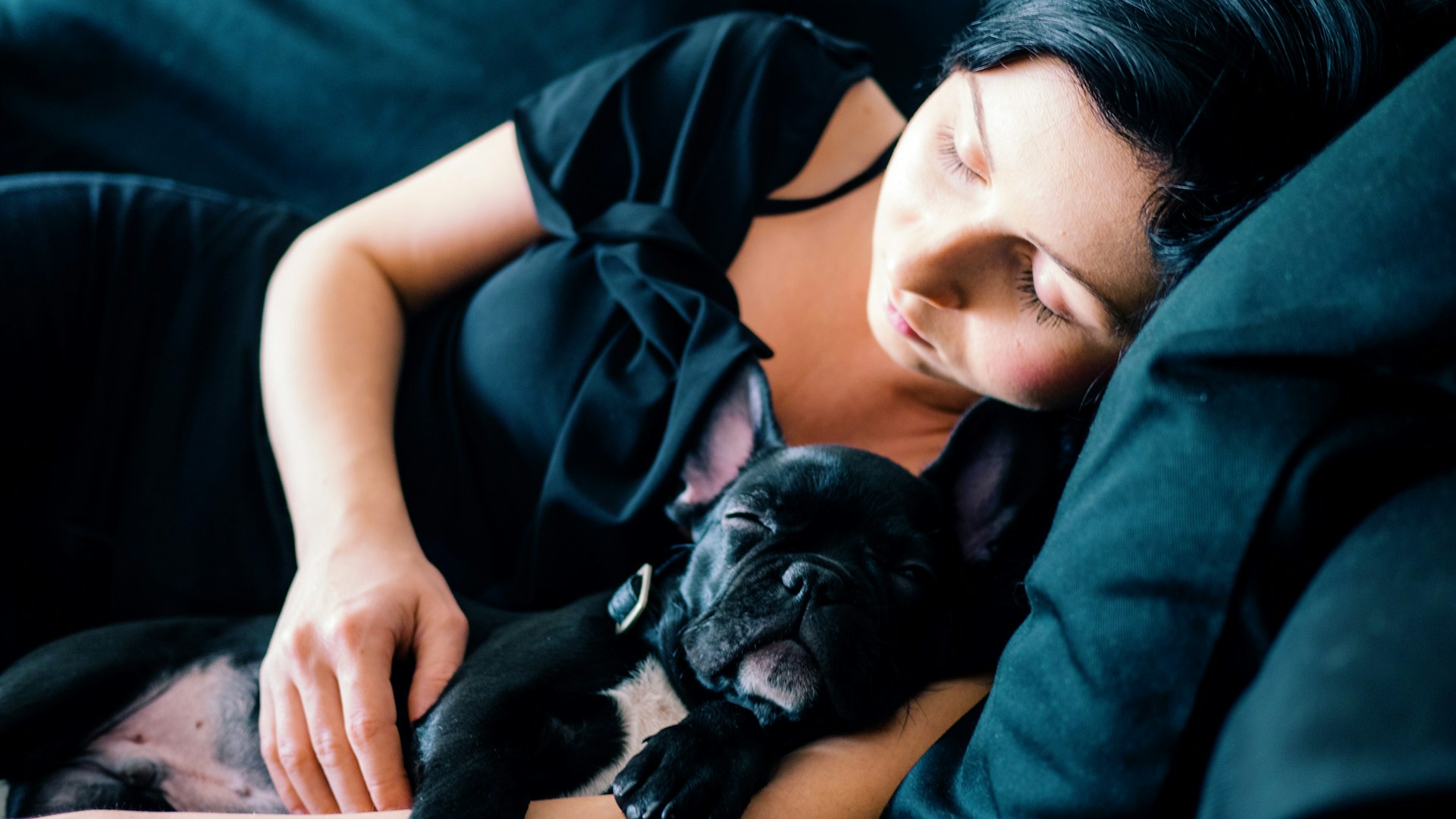 Photo by Rafal Jedrzejek on Unsplash
Photo by Rafal Jedrzejek on Unsplash
4. Neglecting Crate Training
Although some may view crate training as cruel, the practice is no worse than putting a baby in a playpen. Its primary purpose is to provide your puppy with a safe and secure environment to retreat to when things get overwhelming.
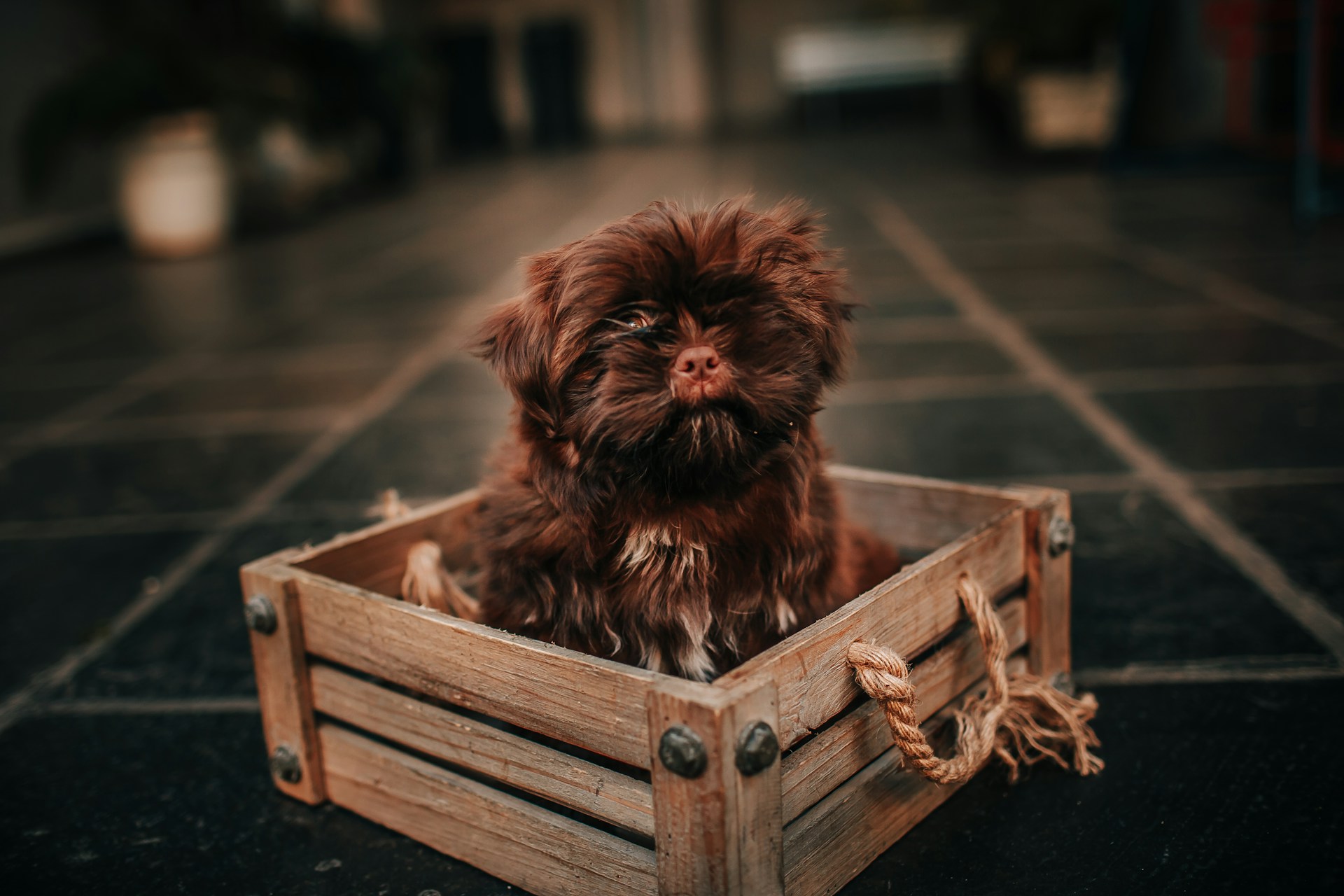 Photo by Helena Lopes on Unsplash
Photo by Helena Lopes on Unsplash
4. Neglecting Crate Training Cont’d
Introducing your puppy to the idea of being confined to a crate for a short time is incredibly useful in the long run. Crates are an indispensable tool for any dog owner and gradually acclimating your puppy to one is beneficial for both you and them.
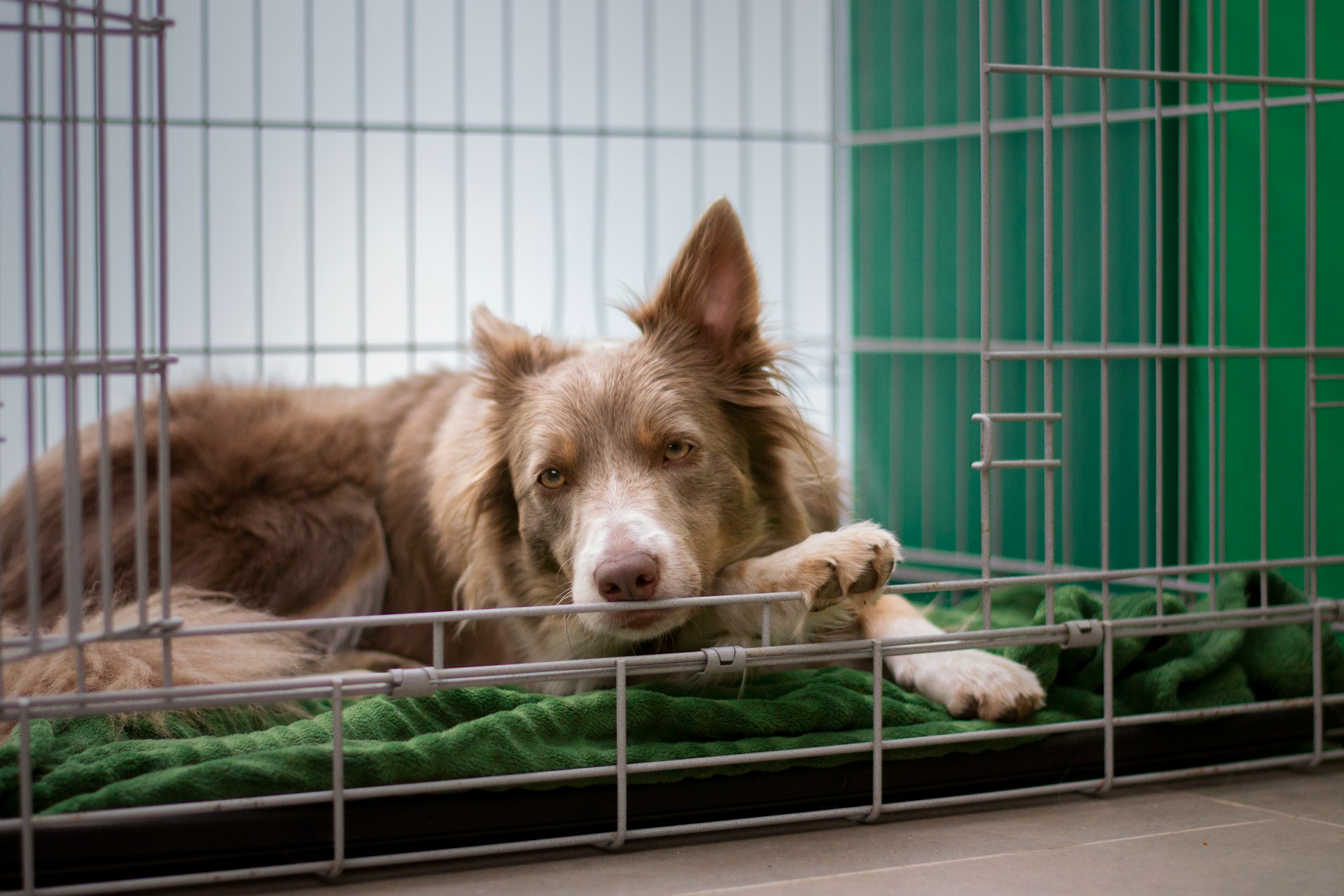 Photo by Ayla Verschueren on Unsplash
Photo by Ayla Verschueren on Unsplash
5. Not Puppy-Proofing Your Home
Puppies, like babies, are simply too curious for their own good. It’s important to keep this in mind when creating the right environment for your pup, as they will more than likely sniff, chew, and play with anything in sight.
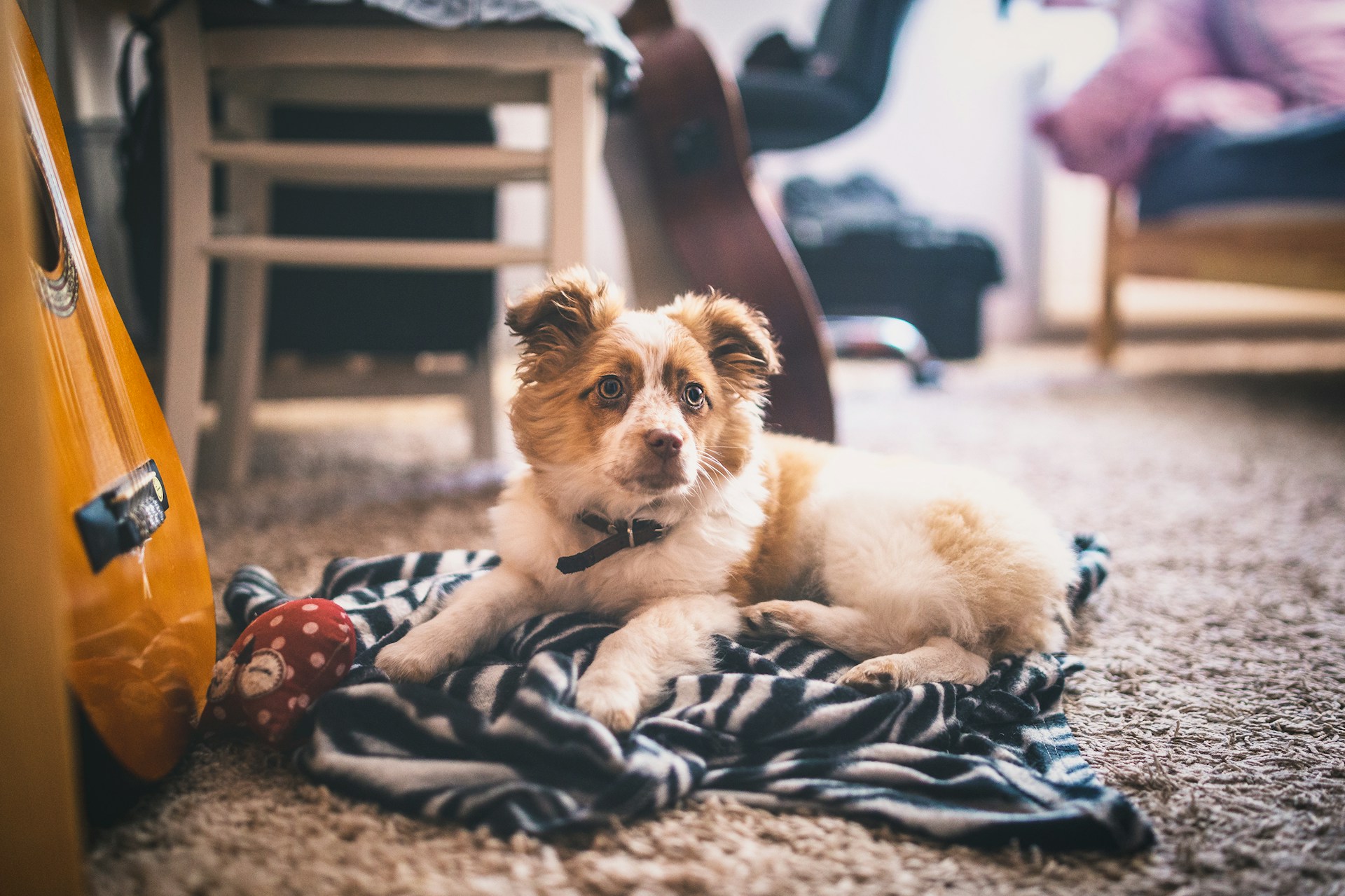 Photo by Daniel Wiadro on Unsplash
Photo by Daniel Wiadro on Unsplash
5. Not Puppy-Proofing Your Home Cont’d
Do your best to ensure that your home is a safe environment for a puppy by removing or hiding away hazardous items they might come into contact with. You’ll want to do a thorough sweep of your whole house, including electrical wiring, toxic plants, or small objects.
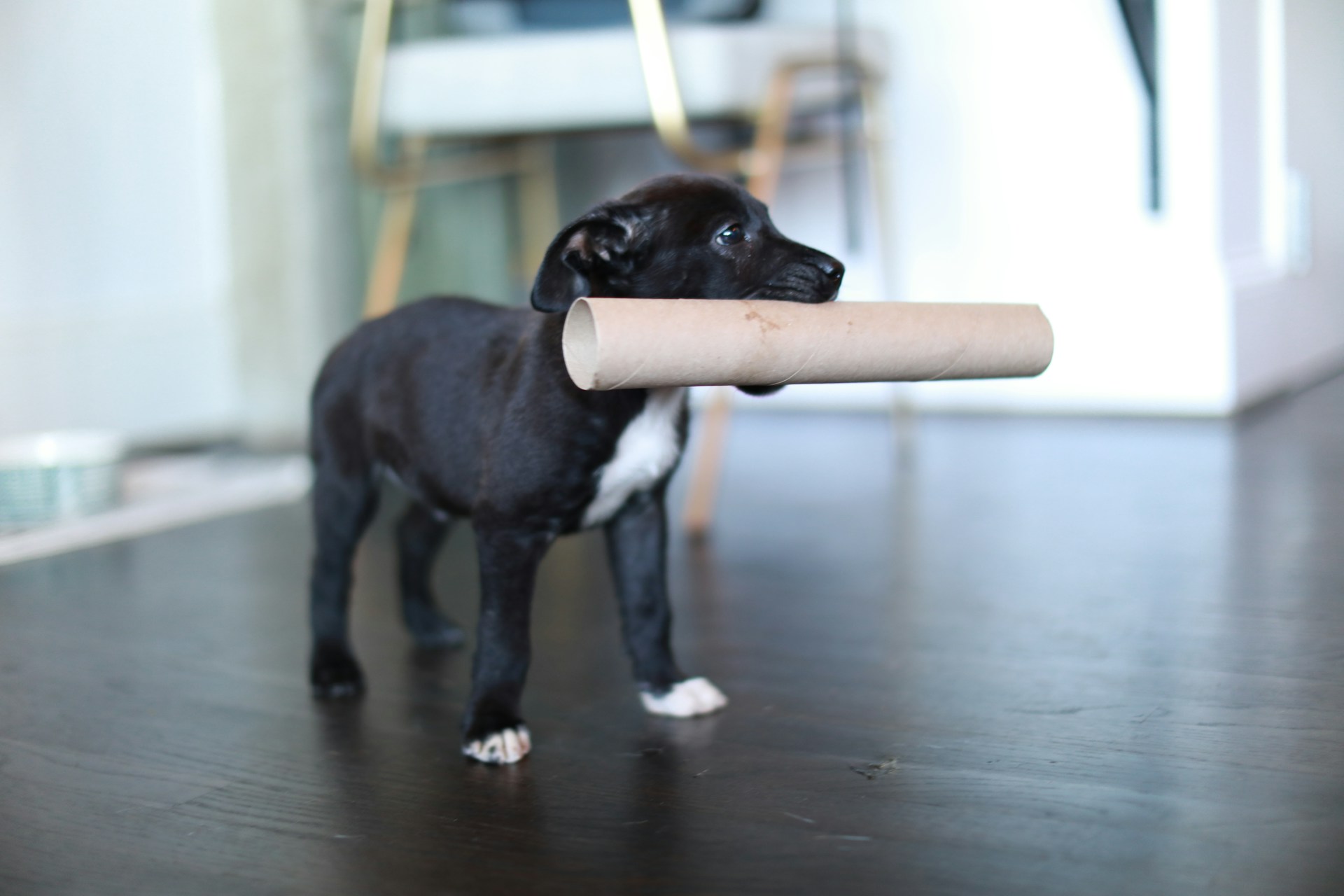 Photo by Taylor Deas-Melesh on Unsplash
Photo by Taylor Deas-Melesh on Unsplash
6. Skipping Early Veterinary Visits
Early vet visits are crucial for your puppy. You’ll want to bring a puppy to the vet by the time it’s six weeks old, as this is generally when the mother’s antibodies begin to wear off and vaccinations are needed.
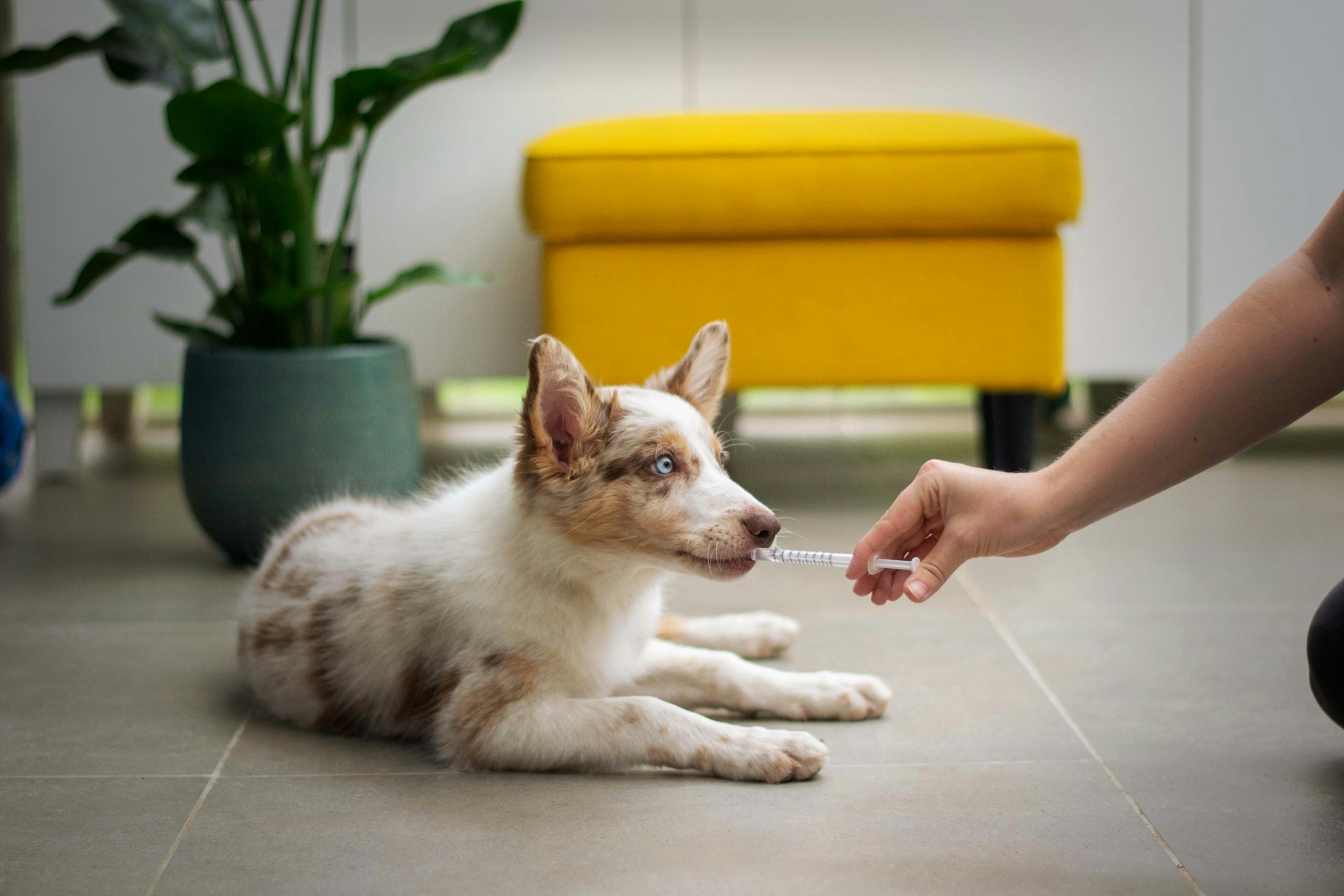 Photo by Ayla Verschueren on Unsplash
Photo by Ayla Verschueren on Unsplash
6. Skipping Early Veterinary Visits Cont’d
Moreover, visiting a vet early on allows you to establish a health baseline with which to track and monitor any changes that may occur later in life. Doing so will also get your puppy used to the vet before they become developed and are less receptive to new experiences.
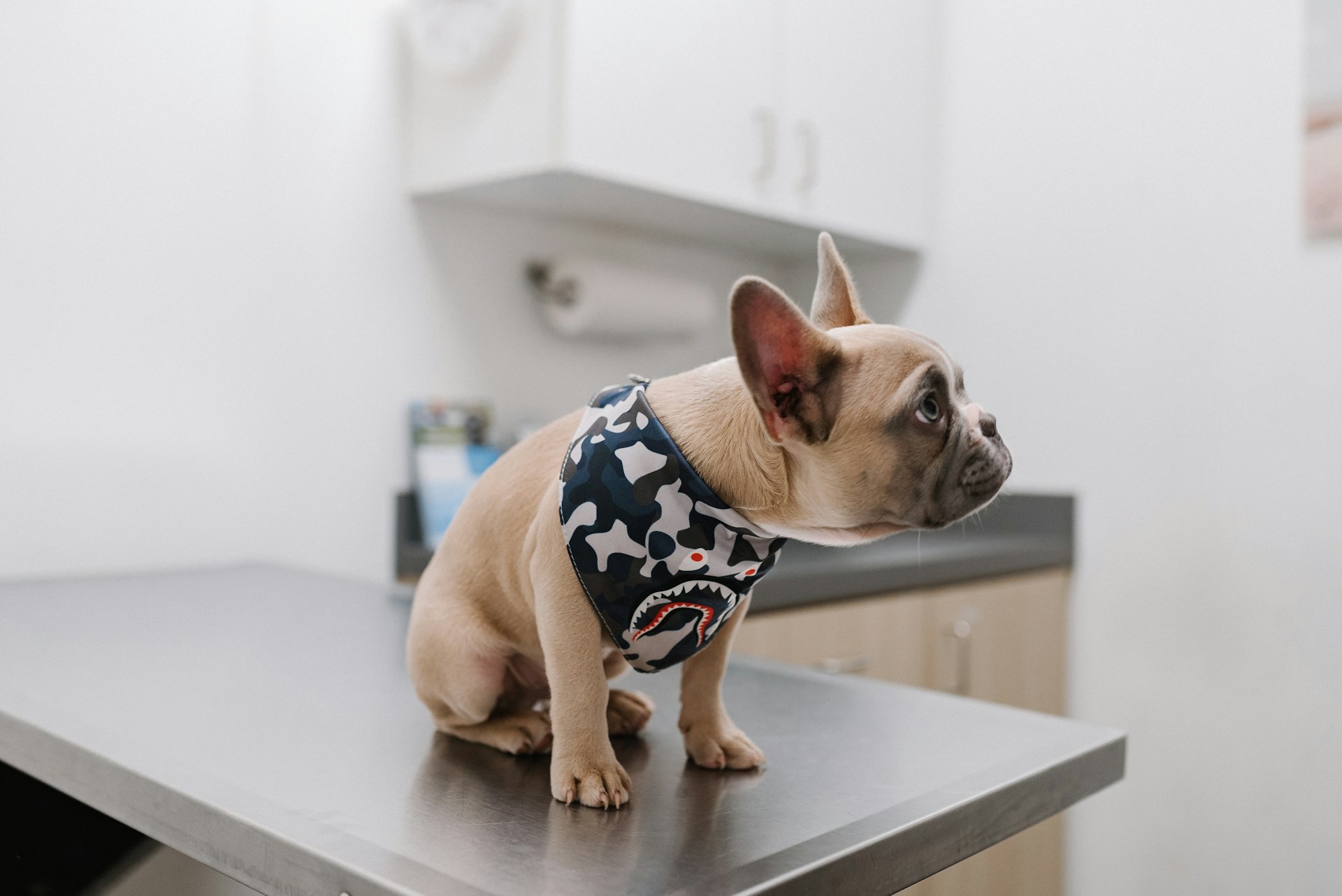 Photo by Karsten Winegeart on Unsplash
Photo by Karsten Winegeart on Unsplash
7. Inadequate Exercise
Puppies are a powder keg of excitement and energy — and that’s why we love them. But you have to provide a proper outlet for all of this youthful vigour, otherwise, things can quickly get out of hand.
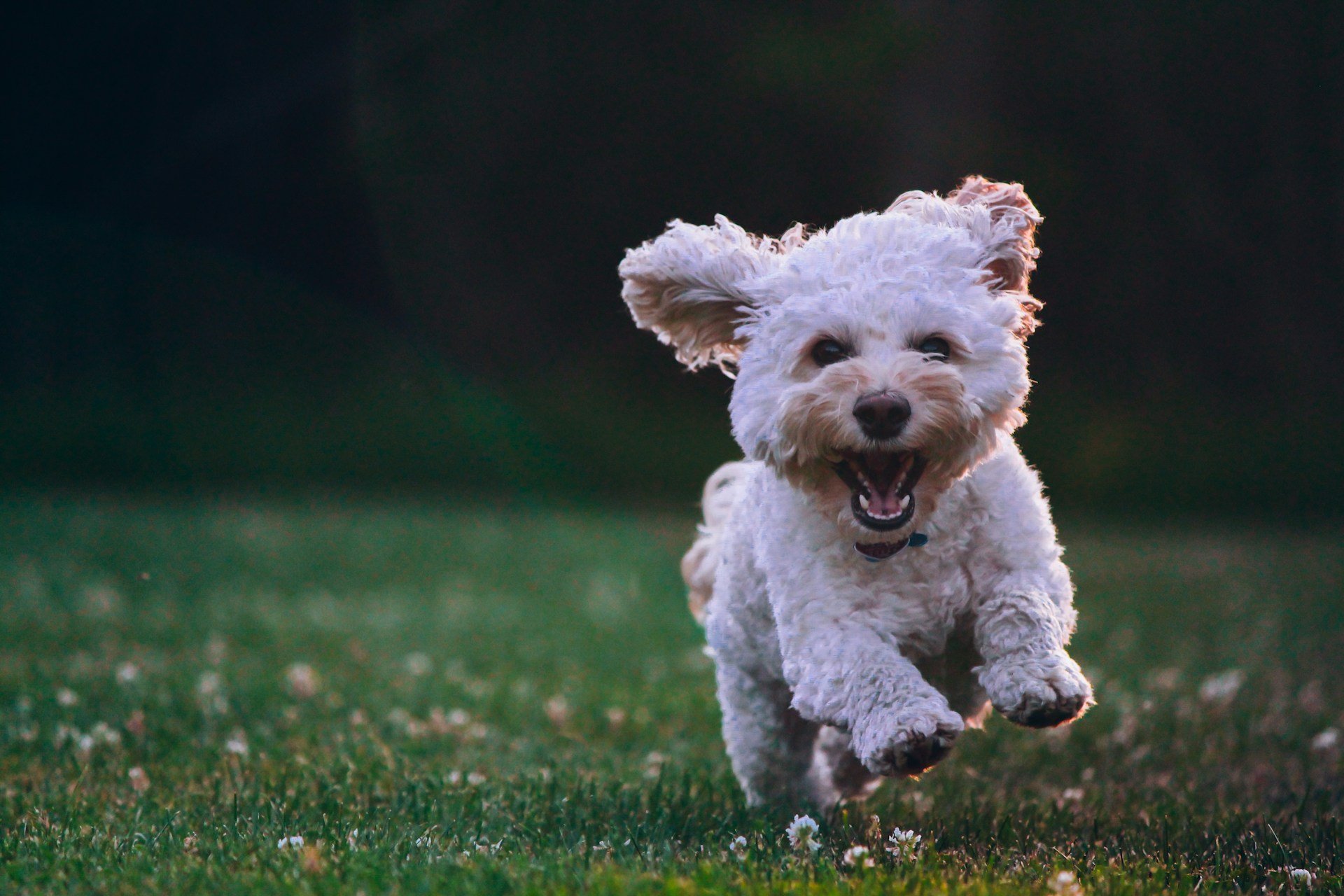 Photo by Joe Caione on Unsplash
Photo by Joe Caione on Unsplash
7. Inadequate Exercise Cont’d
By giving your puppy adequate exercise and stimulation, you can ensure that your puppy’s boredom doesn’t result in unwanted and potentially destructive behaviour. Provide your puppy with ample daily exercise through walks, playtime, and toys.
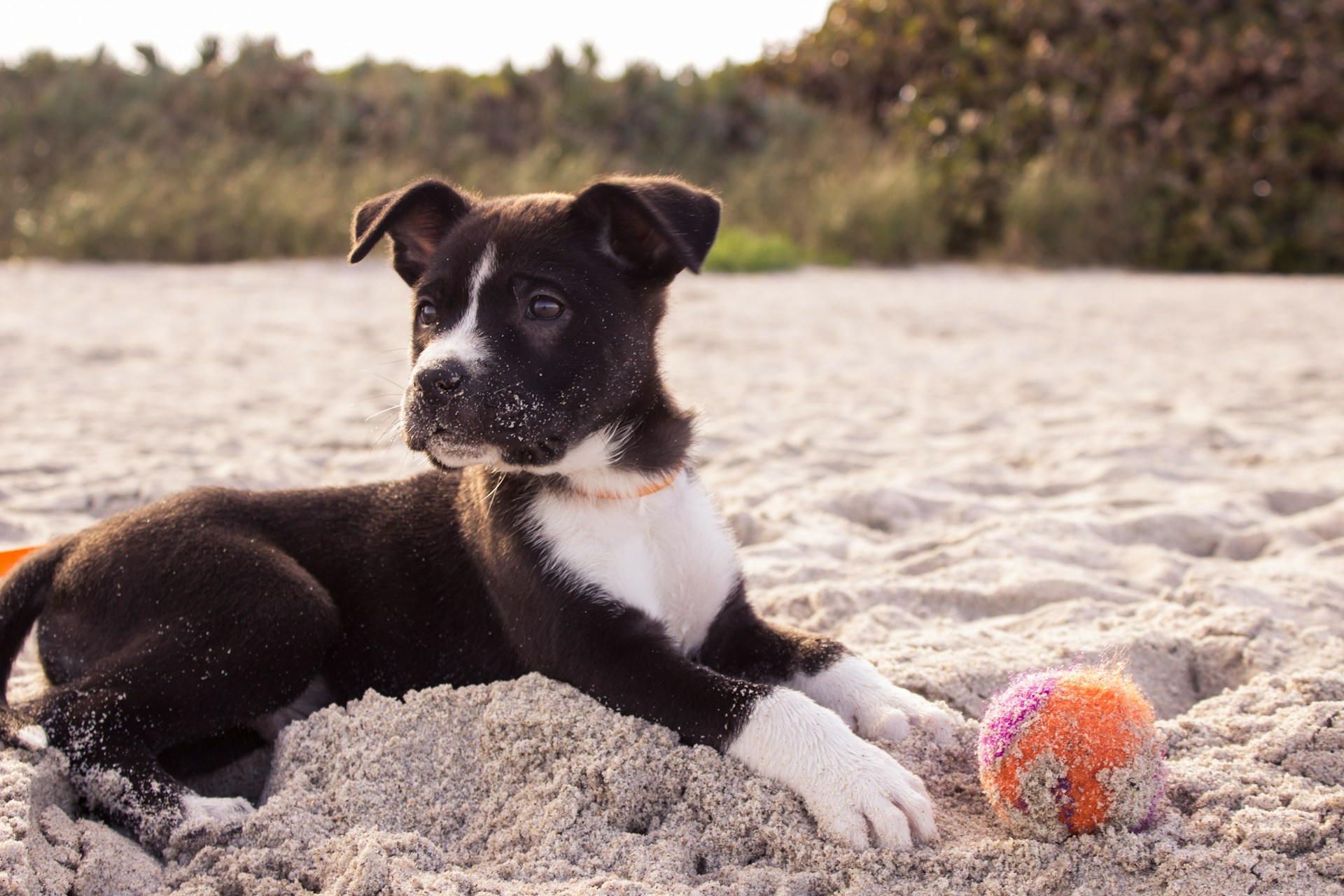 Photo by Andrew Pons on Unsplash
Photo by Andrew Pons on Unsplash
8. Punishing Accidents During House Training
You may be tempted to be stern and angry at your pup in some ill-fated attempt to get them to stop going to the bathroom on your carpet — but it won’t work. Punitive measures and negative reinforcement will only cause your puppy to be fearful and anxious, ultimately stifling any attempts to house-train them.
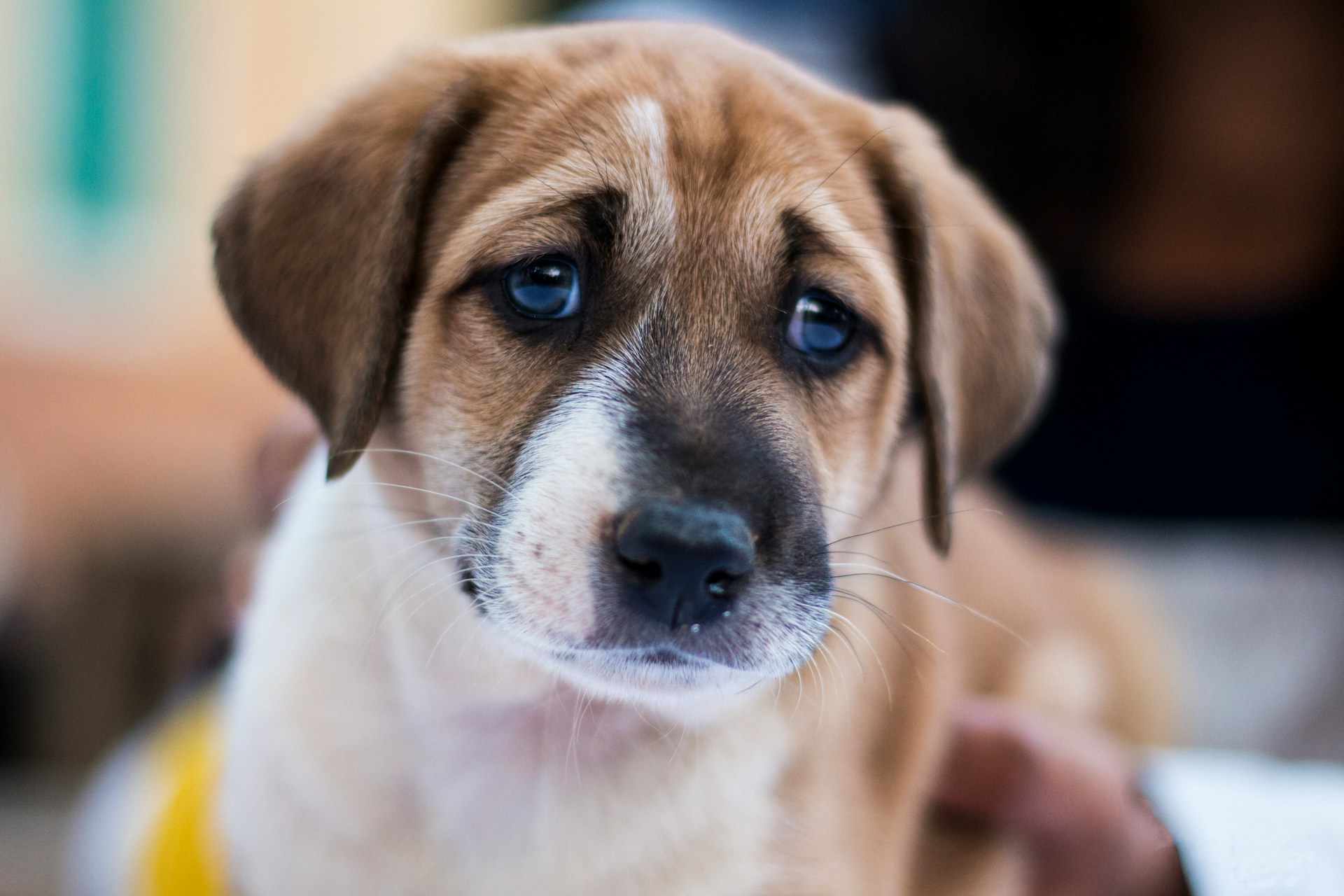 Photo by Bharathi Kannan on Unsplash
Photo by Bharathi Kannan on Unsplash
8. Punishing Accidents During House Training Cont’d
What you’ll want to do instead is use positive reinforcement to reward them when they do the right thing. Not only does this reinforce the correct behaviour, but it also ensures that a healthy and fulfilling bond with your pet remains intact.
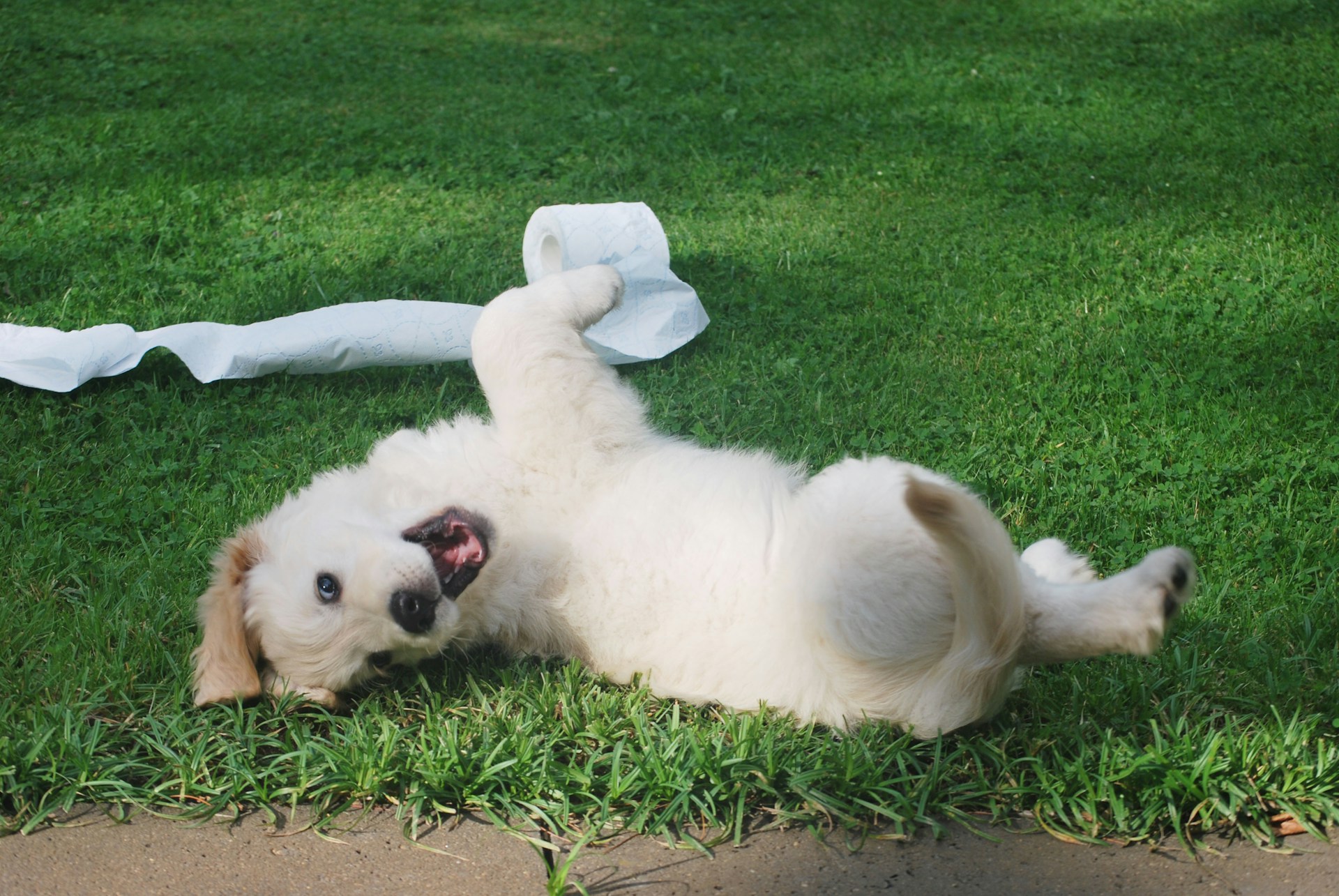 Photo by Daniël Maas on Unsplash
Photo by Daniël Maas on Unsplash
9. Overlooking Dental Care
Dogs are just as prone to dental issues as humans are, if not more so. Taking proper steps to ensure your puppy’s teeth are healthy and cared for will prevent future issues like bad breath, gum disease, and plaque buildup.
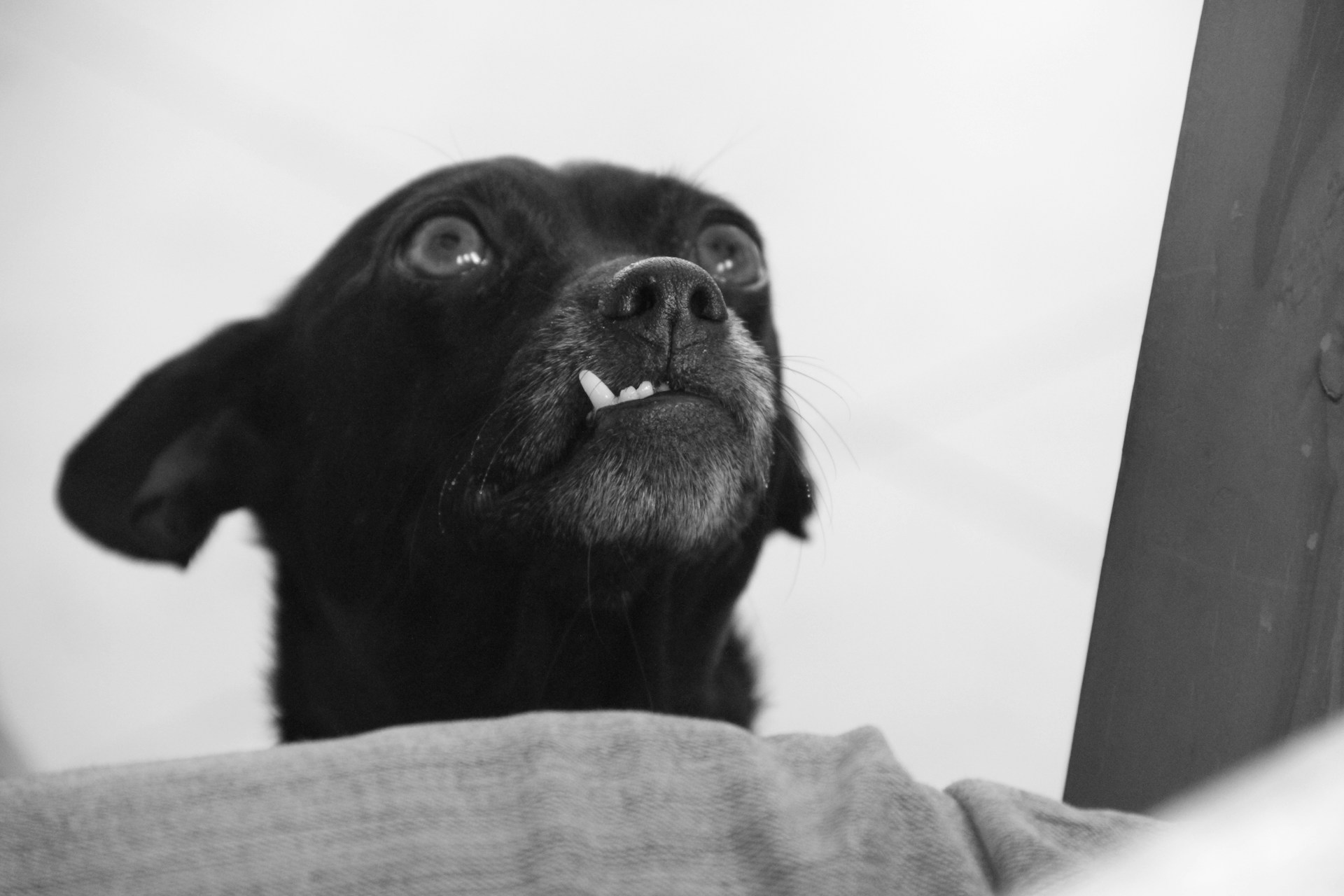 Photo by Linda Mynhardt on Unsplash
Photo by Linda Mynhardt on Unsplash
9. Overlooking Dental Care Cont’d
By familiarizing your pup with dental care early in life, you’ll be able to start and maintain a regimen that is crucial for overall health and well-being. Try to prioritize regularly brushing their teeth, monitoring their diet, and giving them the occasional dental treat.
10. Ignoring Basic Commands
Your puppy’s brain is like a sponge; it's ready to absorb and soak up as much information as possible. So it’d be a shame not to take advantage of this crucial socialization period and teach your pup some basic commands.
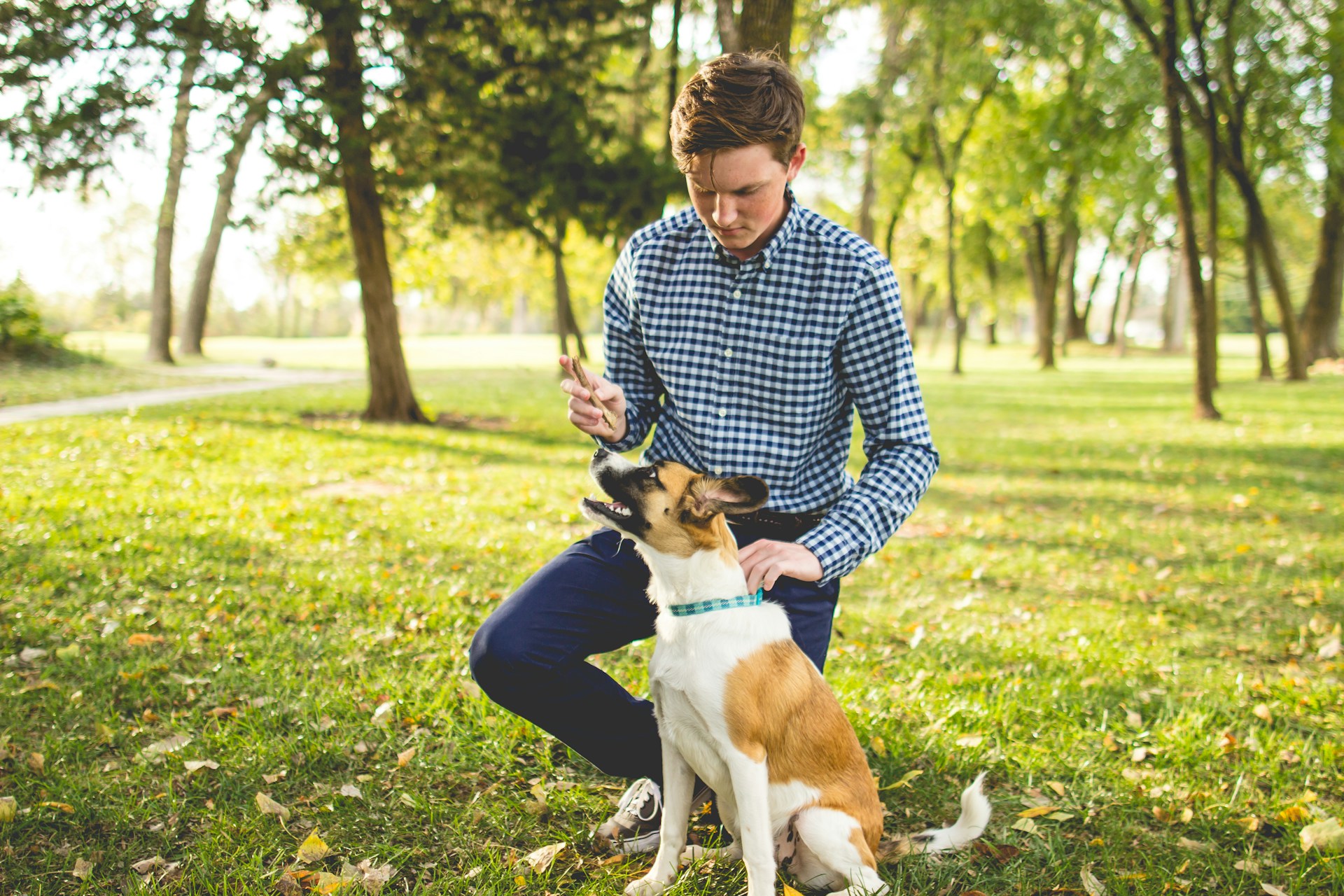 Photo by Zach Lucero on Unsplash
Photo by Zach Lucero on Unsplash
10. Ignoring Basic Commands Cont’d
Useful commands like “sit,” “stay,” and “come” are indispensable tools when it comes to facilitating good behavioural patterns as your puppy grows. Using positive reinforcement, you can easily acclimate your puppy to these simple commands, creating an effective baseline for training going forward.


